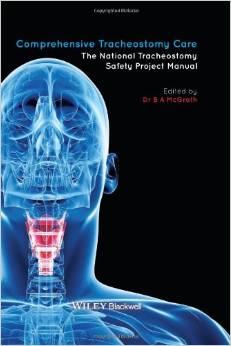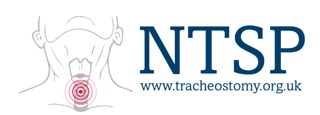
Emneoversigt
-
Click the most applicable for information on running ALSG courses
As an existing course centre, you already know you are offering quality, standardised courses to your candidates. But many centres don't realise how easy it would be to offer a larger range of courses using the existing instructor base. ALSG instructors are already eligible or can easily convert to instruct on other ALSG courses. For example:
- APLS instructors are eligible to instruct on PHPLS and PLS courses
- MOET instructors can convert to POET instructors by completing the POET on line learning
It may therefore be easier than you thought to run other ALSG courses with the instructors in your area.
If you are interested in running other ALSG courses, we have provided a copy of the Programme, Regulations, Equipment list and Order Form for each course below for your information.
ALSG and individual course Working Groups support the establishment of new course centres and there are several models available. The ALSG models provide course centres with:
- Comprehensive internationally recognised, standardised, course packages including all teaching and assessment materials, organisational materials and a web-based on-line course management system
- Access to a network of over 9,500 recognised instructors worldwide
- Access to working groups of nationally and internationally recognised clinical and educational experts
- Membership of a global network of over 250 course centres in 37 countries on 5 continents
- Administrative support and advice via the ALSG Global HQ in Manchester
- A flexible approach to differences in approach in different countries
All ALSG courses have a core model and you can read more about how to run one of our courses here. We have provided a copy of the Programme, Regulations, Equipment list and Order Form for each course below for your information.
ALSG and the individual Working Groups are happy to support countries that wish to start a national training programme to deliver any ALSG course and we have two delivery methods to allow us to achieve this. Each of the two methods carry different responsibilities for ALSG and the course centre; these are detailed in this responsibilities document.
The two delivery methods are as follows:
- Demonstration course
For this method, ALSG will arrange and facilitate a course as requested. Countries will not be able to run future courses unaided by ALSG after a Demonstration course. We would only suggest this approach if you are not certain that the provider course is appropriate or if you do not have an on-going training need or if you need a GIC after running your own provider courses for some time.
- Provider course self-sufficiency leading to GIC self-sufficiency
This is the method that we have found to be most successful in establishing courses overseas. It involves a group of experienced instructors from the UK travelling to your centre overseas, to run a provider course for anticipated instructors followed by a GIC course for those same candidates, followed by two provider courses in which they will teach as an instructor candidate.
For further information on the above delivery methods, please click here to download the full document
-



We have been working with the NTSP to deliver tracheostomy training to all multidisciplinary staff who might encounter patients with tracheostomies and laryngectomies.
We are currently focusing on providing training and resources to equip staff to teach tracheostomy safety courses in their own institutions. Our ‘Train the Trainer’ Courses demonstrate the content and resources of our provider course alongside specific educational strategies to help candidates deliver effective teaching at their own institutions. Expert medical educators work alongside experienced ALSG instructors to demonstrate skills and techniques used in ALSG Generic Instructor Courses, adapted to delivering tracheostomy course content. Candidates will be exposed to guided practice of small and large group facilitation of discussions and presentations, low fidelity emergency scenario simulation and performance of specific tracheostomy-related skills. There is some pre-course reading and e-learning and we ask candidates to prepare material to practice delivering in the day, with feedback.
Our aim is to ensure that tracheostomy education is provided to a high standard by training and facilitating effective teaching, wherever it is needed.
If you are interested in running Emergency Tracheostomy in your centre, please email enquiries@alsg.org.
Programme